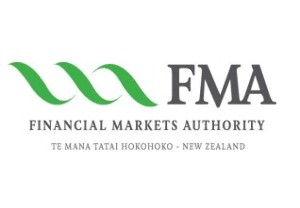
At the heart of the matter is the so-called Fair Conduct Programme (FCP), which will be developed by a financial institution and then passed 'down' to people who do work for it, such as intermediaries like mortgage advisers.
An FCP would require effective policies, processes, systems and controls to ensure compliance with the principle of fair conduct.
In its guidance publication, the FMA said an FCP must be in writing and could comprise a number of documents, or just one document, and its principles should be easily able to be accessed at any time by a financial institution.
This system would ensure that both intermediaries like advisers and the financial institutions themselves would operate in a manner that was consistent with the fair conduct principle.
And it would not be a one-time thing. The FCP would be regularly reviewed to determine whether the distribution methods were operating consistently in the manner that was required.
It would also have mechanisms to make sure any deficiencies were remedied within a reasonable period of time. And fair conduct had to be at the heart of all transactions, not treated as an add-on.
In a softening of its proposals, the FMA said its guidance would give financial institutions the flexibility to determine how their FCPs provide for distribution methods to follow the fair conduct principle.
As a result, there would not be a one-size-fits-all approach dumped onto intermediaries. Instead, the system would allow institutions to approach their intermediaries in a way that suits each person and each particular arrangement it has with them.
This would match the FMA's position that outcomes matter more than the methods used to achieve them.
In another section, the FMA raised the possibility of advisers having to attend special training courses put on by financial institutions.
“Financial institutions should consider identifying information, training or accreditation that will be provided to intermediaries involved in distributing products and services,” it wrote.
“For FAP intermediaries, this can take into account the standards of competence, knowledge and skill they must meet under the financial advice regime.
“Institutions should also consider the need for ongoing training and accreditation or updated information as products evolve or change, to supplement any initial product training or information.”
The FMA also conceded this could be expensive, and it urged caution to stop this from becoming too severe.
“We have heard concerns that the CoFI distribution requirements may result in new compliance measures that are onerous and costly for institutions and intermediaries,” it wrote.
“Our intention in supporting institutions taking a risk-based approach to the intensity and frequency of reviews is to avoid unnecessary compliance costs.”
The FMA went on to stress that the response of advisers and institutions to these rules should be proportionate and it said it had heard of cases already where firms had been over-zealous in their compliance with the rules.
“We want to reiterate that institutions can comply in a proportionate way, and this is consistent with our expectations.”
The full FMA document can be found here.



